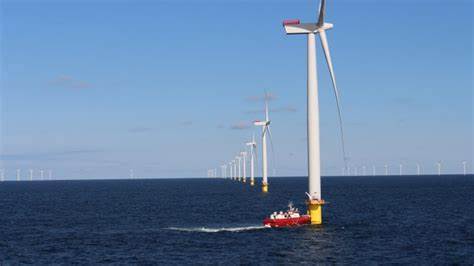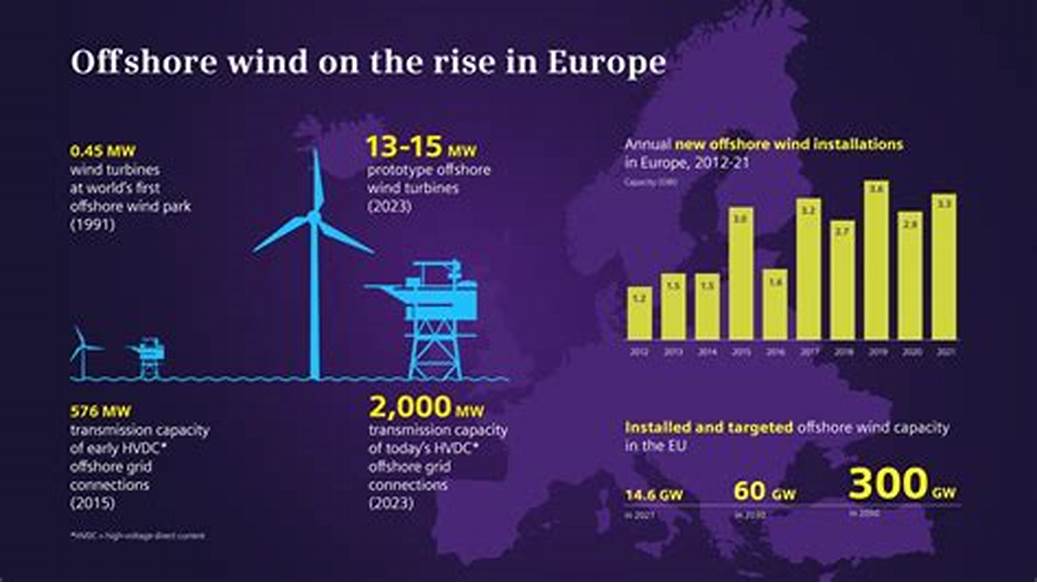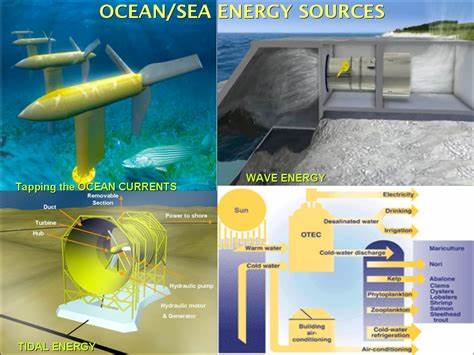
The Role of Ocean Energy in Driving Innovation Ecosystems
Introduction
Innovation ecosystems play a crucial role in driving economic growth and fostering technological advancements. The exploration of the relationship between ocean energy and innovation ecosystems is significant due to the potential for synergy and collaborative opportunities. This article delves into the historical background, key concepts, main discussion points, case studies, current trends, challenges, controversies, future outlook, and the importance of ocean energy as a catalyst for innovation ecosystems.
Historical Background
Ocean energy has evolved as a renewable energy source over time. Its development has witnessed milestones that showcase its potential as a catalyst for innovation. Innovation ecosystems, on the other hand, have gained prominence in driving technological advancements and fostering collaboration. Understanding the historical context of ocean energy and innovation ecosystems provides insights into their growth and potential.
Key Concepts and Definitions
Innovation ecosystems are networks of organizations, individuals, and institutions that collaborate and innovate to create value. Ocean energy encompasses various forms, such as wave, tidal, and thermal energy, that can be harnessed to generate renewable power. The potential synergies between ocean energy and innovation ecosystems can drive technological breakthroughs and economic growth.

Main Discussion Points
Explore the ways in which ocean energy can stimulate innovation ecosystems:
The development and implementation of ocean energy can lead to technological advancements.
The demand for ocean energy can drive research, development, and collaboration within innovation ecosystems.
The growth of ocean energy within innovation ecosystems can result in economic benefits and job creation.
Discuss the environmental and sustainability benefits of ocean energy:
Adoption of ocean energy can reduce greenhouse gas emissions and dependence on fossil fuels.
Responsible ocean energy development can positively impact marine ecosystems and biodiversity conservation.
Integrating ocean energy with other renewable sources can enhance sustainability within innovation ecosystems.
Case Studies or Examples
Real-world examples highlight successful innovation ecosystems leveraging ocean energy. These examples demonstrate how ocean energy can drive innovation and economic growth. Specific projects and initiatives showcase the potential of ocean energy across various sectors.

Current Trends or Developments
Recent trends in ocean energy technologies and research findings contribute to the understanding of its current state. The development and adoption of ocean energy technologies are continuously evolving. Identifying emerging trends and opportunities within innovation ecosystems is essential for the future of ocean energy.
Challenges or Controversies
Addressing challenges and barriers to widespread adoption is crucial for the integration of ocean energy into innovation ecosystems. Controversies and differing viewpoints surrounding the environmental, social, and economic impacts of ocean energy development need to be analyzed. Regulatory and policy challenges may hinder the seamless integration of ocean energy into existing innovation ecosystems.

Future Outlook
Speculating on the future implications and potential directions of ocean energy within innovation ecosystems is essential. Emerging technologies and advancements have the potential to enhance the role of ocean energy. Exploring collaborations and partnerships between stakeholders in the ocean energy and innovation ecosystem sectors can pave the way for sustainable growth.
Conclusion
To summarize, ocean energy has the potential to drive sustainable economic growth and address pressing environmental challenges. Its role as a catalyst for innovation ecosystems is significant in fostering technological advancements and collaboration. Understanding the historical background, key concepts, and current trends of ocean energy provides insights into its future implications.




